Vladimir Putin Speaks at Valdai Club Session in Sochi
Guest Article
Sputnik
October 22, 2015
Russian President Vladimir Putin is taking part in a plenary session of the Valdai International Discussion Club in Sochi on Thursday. The 12th annual meeting of the club, titled “Societies Between War and Peace: Overcoming the Logic of Conflict in Tomorrow’s World” takes place of October 19-22 in the southern Russia’s city of Sochi. While speaking at Thursday’s session, Russian President Vladimir Putin addressed a number of international issues.
Nuclear weapons
“The advent of nuclear weapons has made it clear that there can be no winners in a global conflict. There could be only one outcome — guaranteed mutual destruction,” Putin said during the annual Valdai International Discussion Club session. “It turned out that the mankind, in an attempt to create more destructive weapons, has made a big war meaningless. By the way, the generation of world leaders of the 50-60-70’s and even 80’s really considered the use of military force to be an exceptional measure,” the president added. However, the restraining effect of nuclear weapons has been devalued in today’s world, he stressed. “Some may even have gained an illusion that in case of a world conflict, one side may emerge victorious without irreversible, unacceptable, as experts say, consequences for the winner,” Putin said.
Iranian Nuclear Deal

Ali Akbar Salehi (2nd right) discusses Iran Nuclear Deal with Hossein Fereydoon, Lausanne, April 2015. (–Reuters)
“Today the Iranian nuclear problem has been solved. As we have said, Iran poses no threat and has never posed any,” Vladimir Putin said. The fundamental basis of the modern international security has been destroyed — the Treaty on the Limitation of Anti-Ballistic Missile Systems — has been destroyed under the pretext of the nuclear missile threat from Iran, Putin told reporters. “The reason, which has apparently urged our US partners to create a missile defense system, has disappeared,” he added. Iran’s alleged threat was an attempt to mislead the world and tip the balance of world powers, Russia’s President stated. It’s extremely dangerous to impose one’s will on geopolitical rivals and allies with Iran being an apt example, Putin stressed.
International relations
While discussing political, military and economic competition in the world, the Russian president stressed they must be in line with moral norms and rules. “It is crucial that this competition must be within the framework of certain political, legal, moral norms and rules. Otherwise the collision of interests is fraught with deep crises and dramatic failures,” Putin said.
Sanctions
“The United States is using bogus excuses, punishing severely everyone who dared to violate US unilateral sanctions. You know, this is probably not Russia’s business but as we are taking part in a discussion club, then I will ask you a question: Is it the way to treat allies? No this is the way to punish vassals that dared to act on their own, they are punished for bad behavior,” Putin said. He added that European companies are suffering from such measures.
Europe’s Migrant Crisis
Uncontrolled migration processes lead to the rise in nationalism and intolerance, permanent conflicts in the society, Russian President noted. “A shocking, mass, uncontrolled collision of lifestyles may lead to the rise in nationalism and intolerance, emergence of a permanent [conflict] in the society,” Putin said.
.
Economic Blocs
Non-transparent economic blocs economic blocs operating in secrecy lay grounds for future conflicts, Vladimir Putin stressed. “Establishment of economic blocs by means of imposing conditions, will undoubtedly fail to make the world safer and will only plant time bombs in the soil for future conflicts,” Putin said at the Valdai International Discussion Club. He added that it was necessary to “search for ways out and compromises, as only compromises can create a long-term system of relations in any sphere, including economy.”
The ISIL threat
The capture of Iraq’s capital Baghdad or Syria’s capital Damascus would give the Islamic State group a springboard for global expansion, Vladimir Putin said. “Just think about it, in case of the capture of Damascus or Baghdad, the terrorists would practically gain the status of an official authority,” he elaborated. “The international community should realize who we’re dealing with. An enemy, in fact, of civilization, humanity and world culture,” Putin added.
Coordination of Anti-ISIL Operations
According to Russia’s President, Moscow and the West may soon begin exchanging information on the exact locations of terrorists in Syria. “We see that in the framework of the anti-terrorism operation, gradually, though not as fast or actively as we would like, contacts are improving between defense departments,” Putin said. “We are also close to beginning exchange of information with our Western colleagues on the positions and movements of militants,” he added. Putin also stressed the importance of the Russian-US deal on flight safety in Syria, which was recently signed by the two countries.
The Valdai Club, established in 2004, aims to promote dialogue between the Russian and the international intellectual elite, and to foster independent, unbiased scientific analysis of political, economic and social events in Russia and the rest of the world.
.
Putin: US Deceived Russia, Entire World
Speaking of Iran’s Nuclear Threat
Guest Article
TASS
October 22, 2015
SOCHI / Russian President Vladimir Putin said Thursday he is convinced the United States deceived the Russian Federation and the entire world speaking of Iran’s alleged nuclear threat. “The first tests of US missile defense in Europe have been conducted. What does that mean? It means that when we were arguing with our American partners, we were right,” Putin said. “These were regular attempts to mislead us and the entire world, or, in simper terms, to deceive us,” he said at a meeting of the Valdai International Discussion Club.
Putin said “the issue is not about a hypothetical nuclear threat, which never existed, the issue is about an attempt to destroy the strategic balance, change the balance of forces in its favor so as to not only dominate but also be able to dictate its will to everyone – its geopolitical rivals ad allies as well.” “It’s an extremely dangerous scenario of events, harmful to everyone, including, in my view, the United States itself,” the Russian leader said. He explained that “the deterrent of nuclear weapons has started to devaluate; some even had the illusion that in the global conflict, a real victory of one of the sides is achievable again without irreversible, unacceptable, as specialists say, consequences for the winner, if there is one.”
Putin underscored that “the threshold of the use of force has clearly gone down over the past 25 years.” Iran says it needs nuclear power to generate electricity, but Western powers led by the United States claimed Tehran’s eventual aim is to create nuclear weapons.
Forming blocs through dominance of strongest player won’t make world safer
Vladimir Putin is sure that forming economic blocs through establishing dominance of the strongest player will not make the world safer. “The process of forming these structures [economic blocs] is ongoing nearly to the rules of conspiration,” Putin said at the session of the Valdai International Discussion Club. “The goal is clear – to reformat the global economy to derive greater revenue from its dominance and spread its standards of economic, trade and technical regulation,” he said.
“Forming economic blocs by imposing conditions by the strongest player will not make the world safer, of course,” Putin said. The president said this will only “plant a delayed action mine, a ground for future conflicts.” Despite the current problems, the World Trade Organization (WTO) needs to search for compromise as only this “can establish long-term system of relations,” he said.
While forming the Eurasian Economic Union, Russia attempts to “build relations with its partners and organize work as part of the Chinese initiative of the Silk Road.” “We actively and absolutely on an equal basis work as part of BRICS, the Asia-Pacific Economic Cooperation (APEC) and G20.” According to the Russian president, countries declaring trade wars to suit their petty economic interests treat others like vassals, not equals. “Let me ask if this is a true way to treat allies,” he said. “No, that’s a way to treat the vassals who have dared to act of their own accord and are hence getting punishment for misbehavior,” he said.
Some countries have undemocratic attitude to alternative views on global affairs
The president said a number of countries that used to declare their commitment to freedom of speech have been undemocratic in a bid to stop the spread of information different from their point of view. According to Putin, the global information space is being torn by its own “wars”. “The only right point of view and interpretation of events are being aggressively imposed; certain facts are being stacked and hushed up. All of us have got accustomed to the practice of labeling and creation of an enemy image,” Putin said.
“The authorities of countries which have appealed to the values of freedom of speech and free dissemination of information – we heard so much of it in the old days – are now putting up barriers to spreading objective information and any alternative point of view calling it enemy propaganda, which should be fought against by using openly undemocratic means,” the Russian leader explained.
Putin warns against uncontrolled, disastrous competition by states
The Russian president has also warned against uncontrolled competition by states, which may prove disastrous for the whole world and trigger another spiral of the arms race. He said that “all states will always have their own, sometimes multi-vectored interests, and world history is a history of competition by states and their alliances.”
“To my mind this is absolutely natural. It is most important to ensure such competition should stay within certain political, legal and moral bounds. Otherwise rivalry and clashes of interests will be fraught with acute crises and dramatic disruptions,” Putin said.
Putin recalled that “attempts to push ahead with the unilateral domination model at any cost have thrown the system of international law and global control off balance.” “That means that there is a risk that competition – political, economic and military – may go out of control,” he said. For the sphere of international security this uncontrolled competition may spell an upsurge in local conflicts, in particular, in border regions, where the interests of major powers and blocks clash. “Also, this may bring about a decline of the WMD non-proliferation system, which I see as very dangerous. As a result there would follow another spiral of the arms race,” Putin said.
Russia’s anti-terror operation in Syria aimed at establishing peace
Putin said the aim of the Russian anti-terror operation in Syria was to establish peace and deliver a pre-emptive strike at terrorists. “We decided to start a Russian military operation in that country after receiving a request from the official Syrian authorities. I would like to re-emphasize that it is absolutely legitimate. Its single purpose is to contribute to establishing peace,” the president said. “The actions of the Russian military will produce the necessary positive impact on the situation and will help the official government to create conditions for subsequent actions in the sphere of political settlement,” Putin stressed. “The anti-terror operation in Syria will help Moscow to deliver a pre-emptive strike at terrorists, who are also threatening Russia, and help all countries and peoples, who will certainly be in danger if these terrorists return to their homes,” the president assumed.
No terrorists are moderate
According to Putin, terrorist groups cannot be classified as moderate and not moderate. He said that the terrorist organization Islamic State had gained control of vast territories and should they capture Damascus or Baghdad, it might in fact contest the status of official authorities. “The international community must realize at last what we are confronted with – the enemy of civilization, of humanity and of world culture,” Putin said that terrorists were discrediting Islam. “It is wrong to juggle with words and say some terrorists are moderate and others not moderate,” Putin said.
Russia, US coordinate activities in Syria, but not as fast as desirable
Coordination of activities with the United States in Syria is proceeding in the right direction but not as fast as Moscow would like it to, the Russian leader said. “Now Syrian problems are discussed in the UN and other international organizations, within the framework of interstate relations,” Putin said at a meeting of the Valdai International Discussion Club. “We have so far failed to always achieve understanding. It is painfully hard to abandon might-have-been expectations and unjustified calculations. But still there is progress. We see contacts between military departments being gradually arranged within the framework of the antiterrorism operation, although not as actively and fast as we would like them to,” he said.
Political settlement in Syria will come after victory over terrorism
The president is sure that after the victory is won over terrorism in Syria there should be political settlement involving all the sound forces. “Just the military victory over gunmen will not solve all the problems, but it will create conditions for the key thing – launching political process with participation of all the sound and patriotically minded forces of the Syrian society,” Putin said. “Syrians should themselves decide their fate with the exclusively correct and respective assistance of the international community,” Putin said.
Syria may require large-scale economic aid for restoration after war
Putin noted that Syria may require large-scale economic and financial aid for restoration after war, and it is necessary to establish the format of involving donor countries and international institutions. “It is obvious that Syria will require large-scale financial, economic, humanitarian aid to heal its wounds after the war. We need to define a format, in the framework of which we could conduct this work with involving donor countries and international financial institutions,” Putin said.
The Russian president noted that it is important to develop roadmaps on economic and social revival of the region, restoration of basic infrastructure – residential houses, hospitals and schools. “Only such creative work on the spot after elimination of terrorism and after political settlement can stop the enormous flow of refugees to European countries and return to the homeland those who has already left,” Putin added.
___
The following article from Vestnik Kavkaza offers additional background on the 2015 Valdai Discussion Club meeting in Sochi, Russia:
Sochi Hosts ‘Valdai’ Meeting
Vestnik Kavkaza
October 19, 2015
Sochi is hosting the first day of the Annual Meeting of the International Debating Club ‘Valdai’. This year the forum is titled “War and Peace. The Individual and the State. The Threat of Large Conflict in the 21st Century’. The meeting will take place from October 19th to 22nd 2015, with the participation of nearly 130 people. President Vladimir Putin may also take part in the meeting. “129 people are expected to participate, including 88 foreigners and 41 from the Russian side,” the chairman of the board of the Development Fund and Support for the International Debating Club ‘Valdai’, Andrei Bystritsky, said. He noted that in Sochi well-known Russian politicians, namely the Chief of the Russian presidential staff, Sergey Ivanov, First Deputy Prime Minister Igor Shuvalov and Foreign Minister Sergei Lavrov will participate in the ‘Valdai’ meeting. “Also, we hope, and the Kremlin spokesman mentioned that Vladimir Putin may visit our meeting,” Interfax cited him as saying.
The head of the Center for Strategic Development of the CIS Countries under the RAS Institute of Europe, Alexander Gusev, told Vestnik Kavkaza that a variety of issues of domestic and foreign policy will be in the focus of the meeting. “During the past ‘Valdai’ meetings we talked about Ukraine, but now, of course, it comes to the Syrian issue, the political situation in the Middle East, the migration crisis. However, given the fact that ‘Valdai’ mainly discusses pan-Russian problems, I believe that all these issues will be considered in the context of the role and place of Russia in the globalized world. And, of course, I think Vladimir Putin’s speech at the 70th anniversary UN General Assembly will be reflected,” he said.
“Russia’s position will be considered in the context of global trends, global challenges, problems related, first of all, to international terrorism, Islamic State, the situation on the borders of our country, on the borders with the former Soviet Union, the situation in Afghanistan, Syria, Iraq, Europe. I think that the Chinese issue will take a back seat. It will also be very important, but not as much as the problem of foreign policy in the Middle East area,” the expert suggested.
“The political situation in the country will be considered in the context of the elections in our subjects on the single day of voting on September 13th. Of course, due to the political situation, the electoral system will be also considered. Well, the corruption component too. I think it’s quite serious, because a new wave of governors has appeared. And, of course, the corruption component will be considered in the context of the general political and general economic problems of the country,” Alexander Gusev summed up.
A senior research officer of the Center for European Studies (University) at the Moscow State University of Foreign Affairs, Vladimir Olenchenko, noted that “each meeting of the ‘Valdai’ club has its own separate agenda, but there are questions which I would call major.”
“In my opinion, the main questions are the issues of international politics in the part which relates to the normal dialogue between two countries,” he said. “Let us not forget that this year we celebrate the 70th anniversary of the Victory in the Great Patriotic War, and of course, the question of overcoming hostility setbacks between countries will be another leitmotiv of the ‘Valdai’ meeting,” the expert added. “Another leitmotiv, in my opinion, is the leitmotiv of the future of Europe, because now Europe is going through another crisis – the migration one. Of course, this issue concerns both Europe and Russia, because we are a part of Europe,” Olenchenko noted.
“I think I could add the leitmotif of the fight against racism, radicalism and terrorism. I believe that this is due to the fact that Foreign Minister Sergey Lavrov plans to address the meeting,” the expert suggested. “Of course, another issue which concerns not only Russia but also the rest of the world is the future of the global economy. Now experts are objectively and subjectively concluding that the model of development has come to a standstill. So we need a new model of economic development,” he stressed. “Of course, we shall raise the question of the methods of Russia’s policy. It’s a question of the eligibility, legality and propriety of the sanctions regime imposed by Europe and the United States against Russia,” Vladimir Olenchenko concluded.
The Valdai Discussion Club was established in 2004. It was named after Lake Valdai, which is located close to Veliky Novgorod, where the club’s first meeting took place. The club’s goal is to promote dialogue between Russian and international intellectual elite, and to make an independent, unbiased scientific analysis of political, economic and social events in Russia and the rest of the world. Over 800 representatives of the international scholarly community from almost 50 countries have taken part in the club’s work. They include professors of major world universities, including Harvard, Columbia, Georgetown, Stanford, Carleton University, the University of London, Cairo University, the University of Teheran, East China University, the University of Tokyo, Tel Aviv University, the University of Messina, Johns Hopkins University, the London School of Economics, King’s College London, Sciences Po and the Sorbonne. — Wikipedia




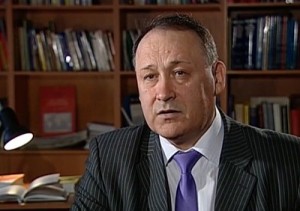

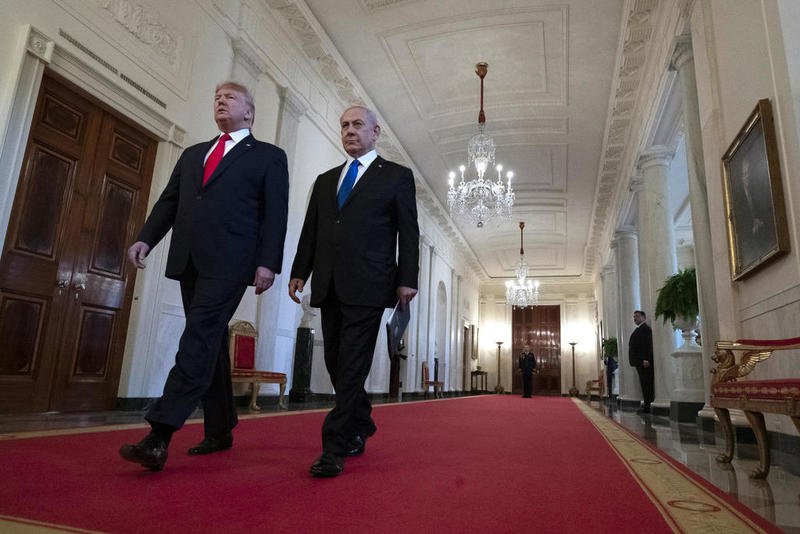

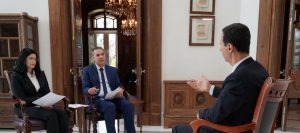
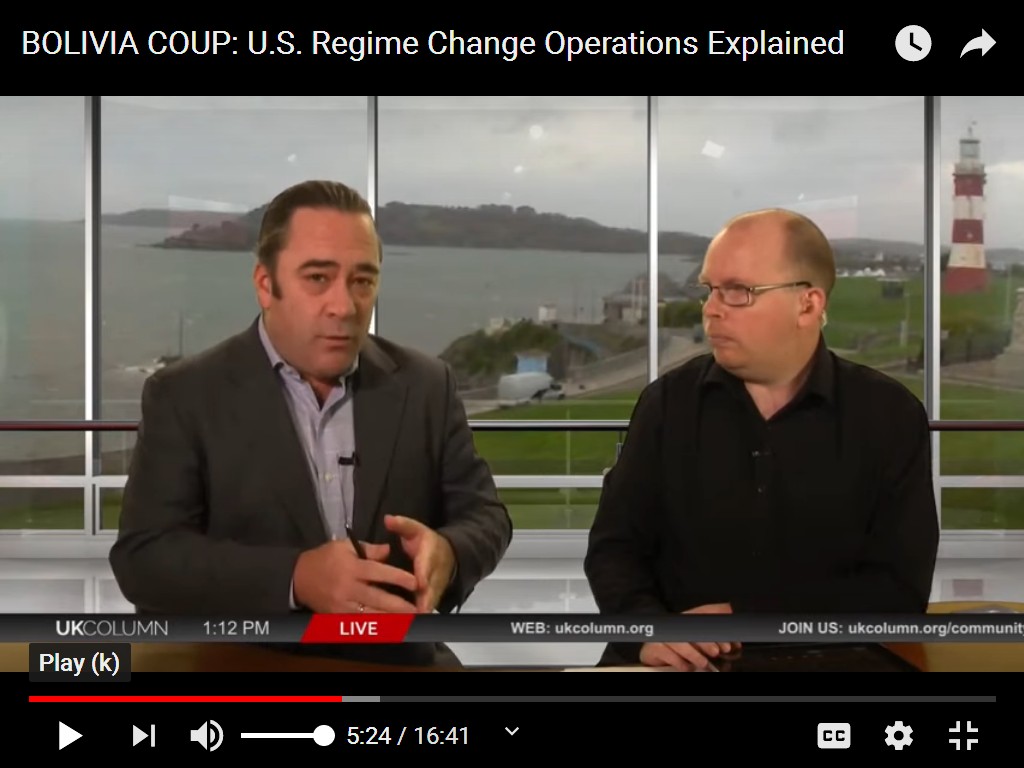


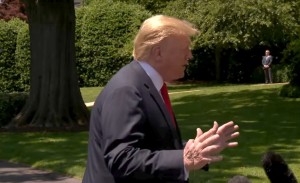
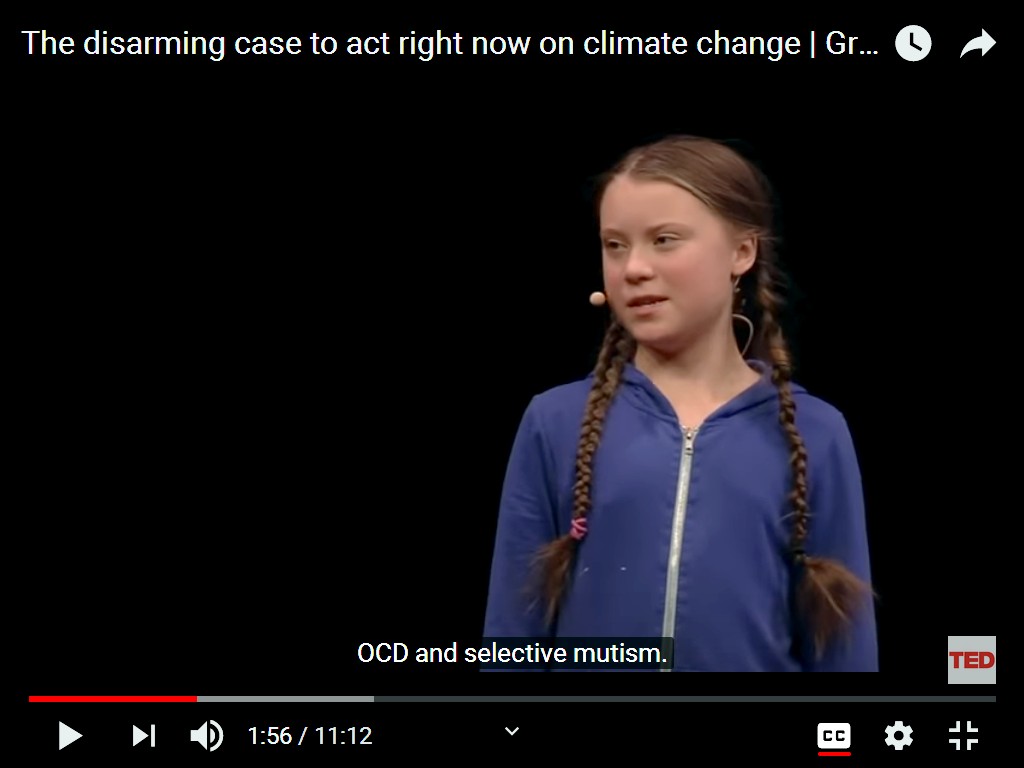




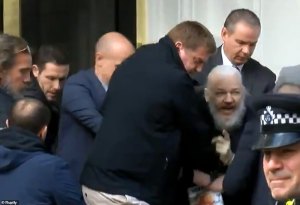


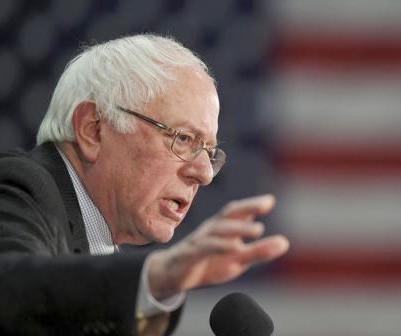








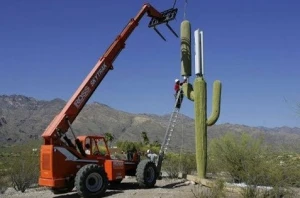

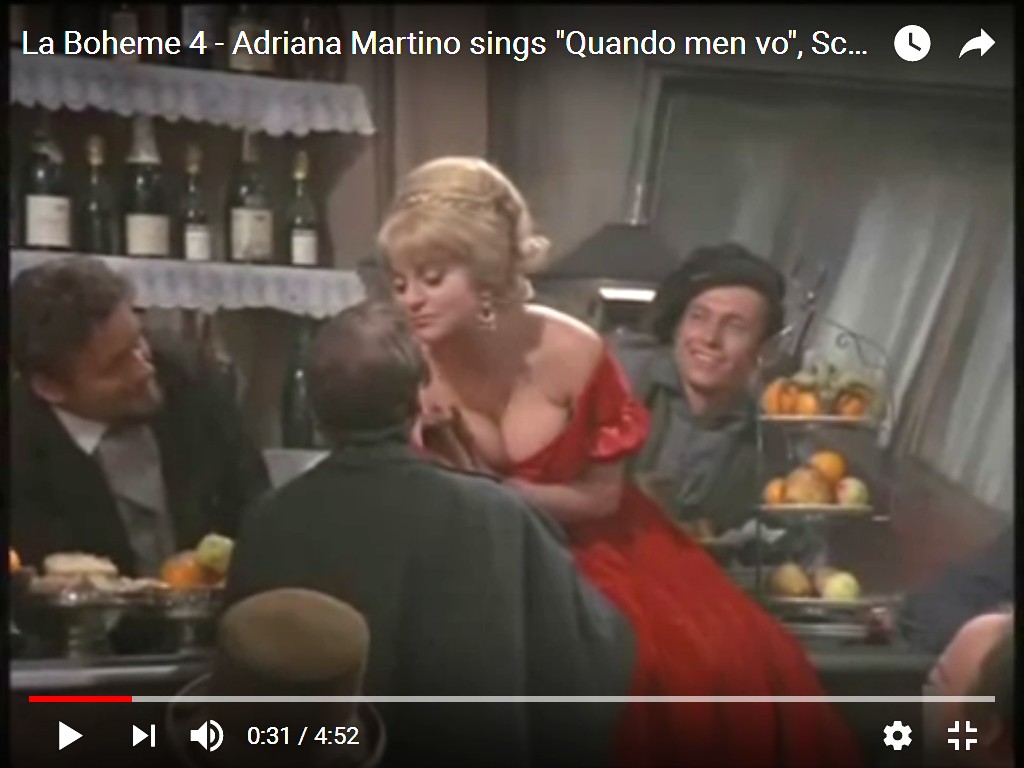
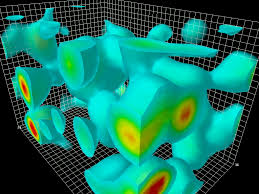

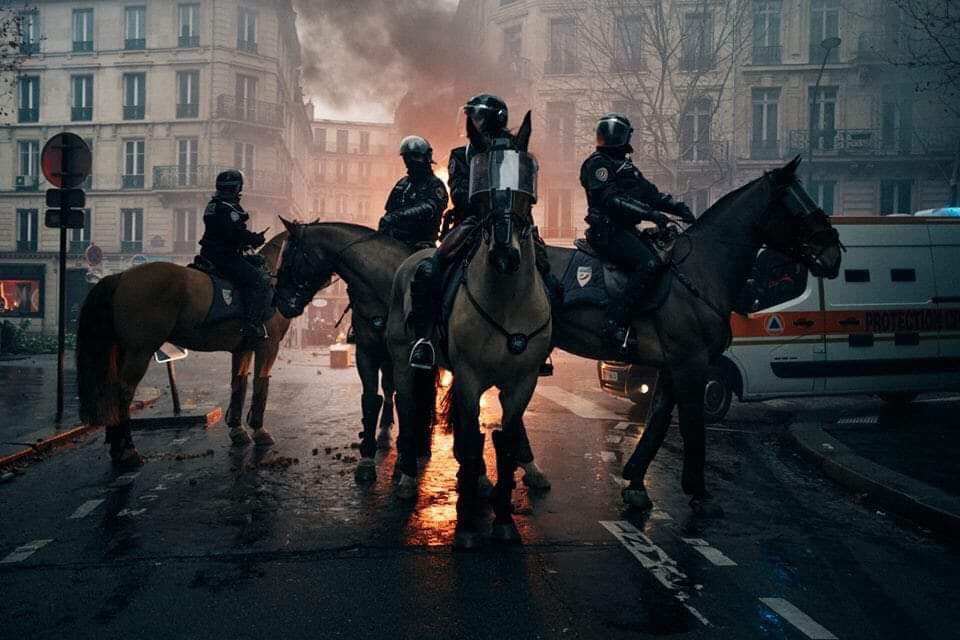
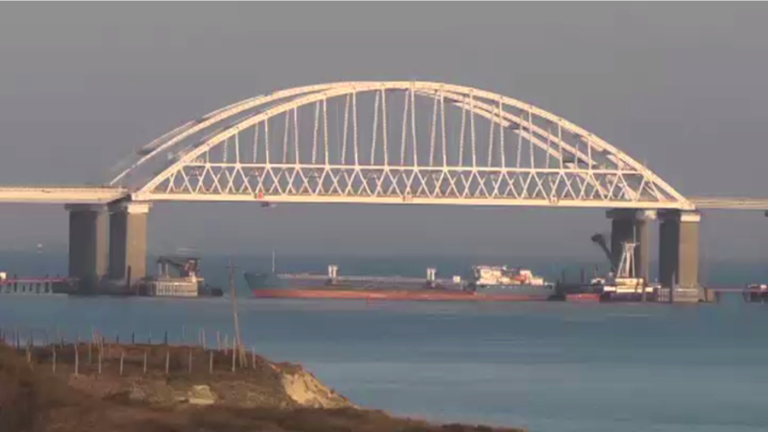
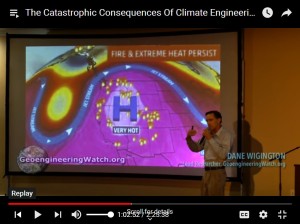
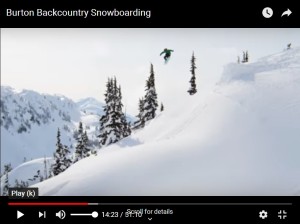






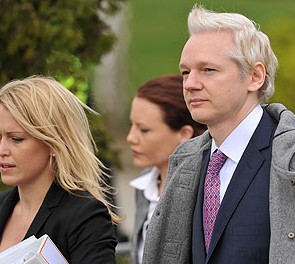









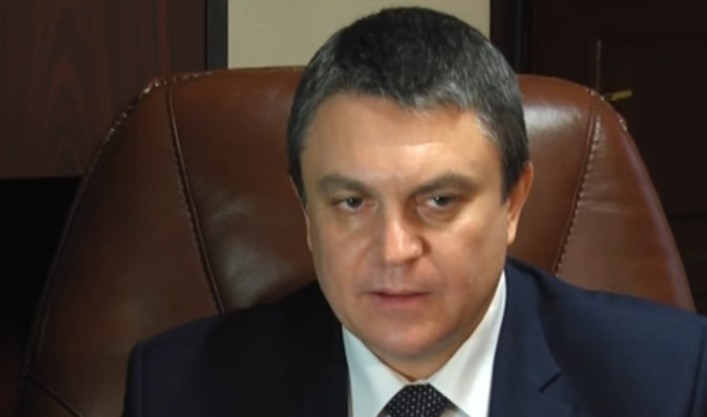






ielder is represented by defender-turned-agent Carles Puyol and the pair were allegedly unimpressed by Barcas most recent contract offer.
LikeLike
Posted by kpoqqkc@gmail.com | April 28, 2020, 9:59 am